Estimated reading time: 11 minutes
Disclaimer: I am not a medical doctor and nothing in this article should be taken as medical advice. Please talk to your doctor before using any of the herbs and remedies mentioned in this article.
Learning to use herbal remedies can be a great way to increase your self-reliance. While there’s no way to totally eliminate the need for modern medicine, herbal remedies can help you avoid some trips to the doctor.
Unfortunately, good quality organic medicinal herbs can be expensive. Luckily, there are many healing herbs that are easy to grow at home. The following herbs are incredibly useful and easy to incorporate into your daily life.
Want to save this post for later? Click Here to Pin It On Pinterest!
1. Ashwagandha
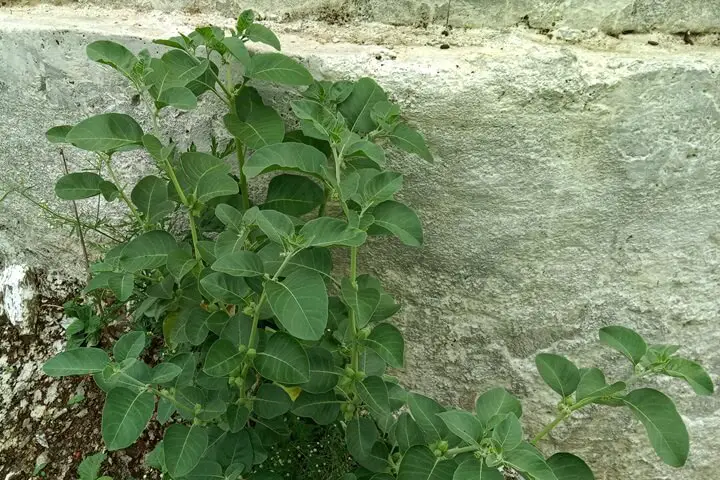
Ashwagandha, often referred to as Indian ginseng, is a powerhouse of medicinal benefits and is revered in Ayurvedic medicine for its adaptogenic properties. This herb helps the body resist the damaging effects of stress and rejuvenates the body by regulating the immune system and improving energy levels.
Ashwagandha is typically grown from seeds and prefers dry, sunny locations. It’s not just beneficial for humans; it’s also used to improve the vitality and health of livestock.
- Reduces stress and anxiety
- Enhances stamina and energy levels
- Improves concentration and mental well-being
- Supports immune function
2. Bergamot
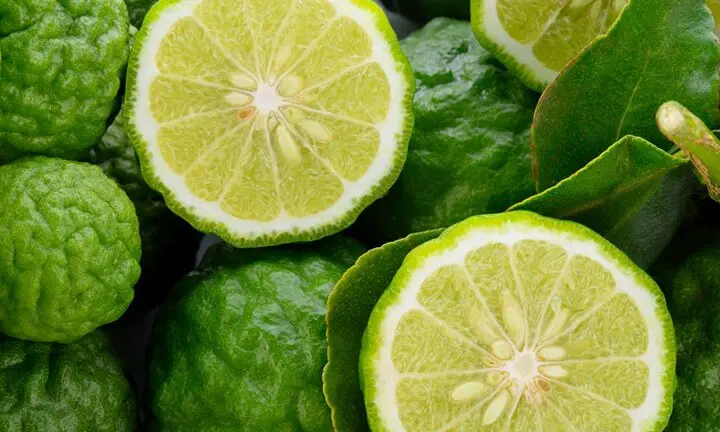
Not to be confused with bergamot oranges, bergamot or bee balm is a favorite of pollinators, gardeners, and herbalists alike. As an edible, bergamot leaves are typically used for flavoring fish and meat dishes.
Medicinally, the leaves are used in teas. Many Native Americans utilized the tea as a carminative. Bergamot can also be put into salves.
- Can be used as a stimulant
- Relieves flatulence
- Reduces fevers
- Helps with headaches and colds
- Soothes sore throats
- Treats minor skin infections
3. Calendula
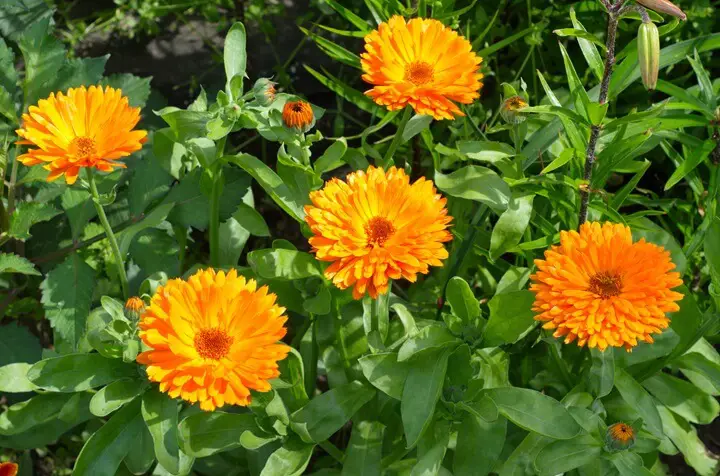
Almost always used in salves, calendula has excellent anti-inflammatory properties. Its flowers have also been used to color food, dye cloth, and as a spice sometimes being substituted for saffron. While all calendula species can be used medicinally, calendula resina is prized by herbalists for its high resin content.
- Soothes and treats minor skin problems
4. Chamomile
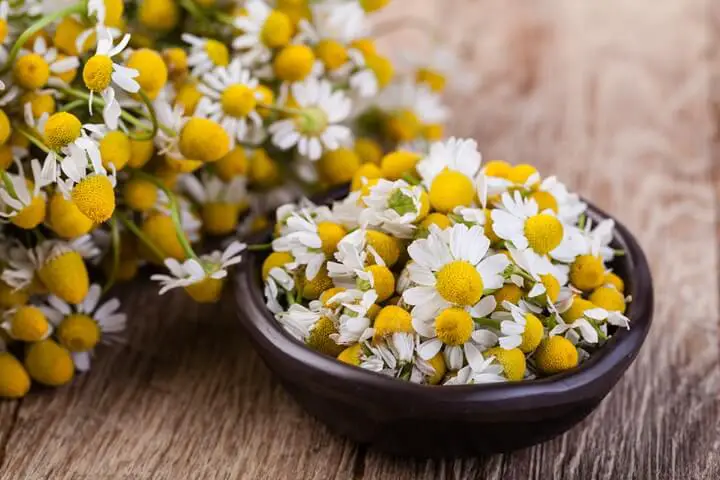
Chamomile is probably best known as a calming bedtime tea to help people relax. However, it’s also believed to have a variety of other benefits. Chamomile has been used as a tea to help with several internal conditions. It’s not just for tea though! Chamomile can be used externally in salves due in part to its antimicrobial properties.
- Boosts immunity
- Helps people relax
- Eases menstrual pain
- Treats colds
- Soothes stomach aches
- Antimicrobial
- Soothes skin irritations
- Helps heal minor cuts and scrapes
5. Echinacea
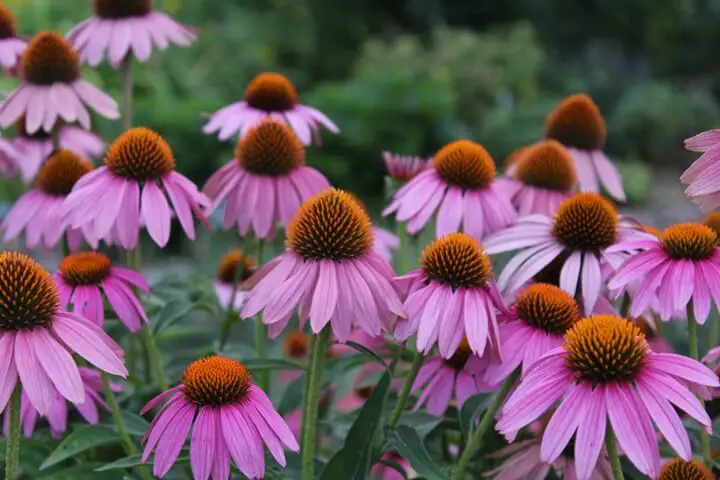
A well-known herb frequently found in flower gardens, echinacea or coneflower has been used for centuries as a remedy. It’s most frequently used as a tincture, but it can also be used as a tea. All parts of the plant can be used in the tincture or tea (roots, leaves, flower) and frequently a mixture is included.
However it’s worth noting that if you want echinacea to keep coming back year after year, you should wait to harvest the roots until it’s well established.
- Treats colds and flus
- Heals infections
6. Feverfew
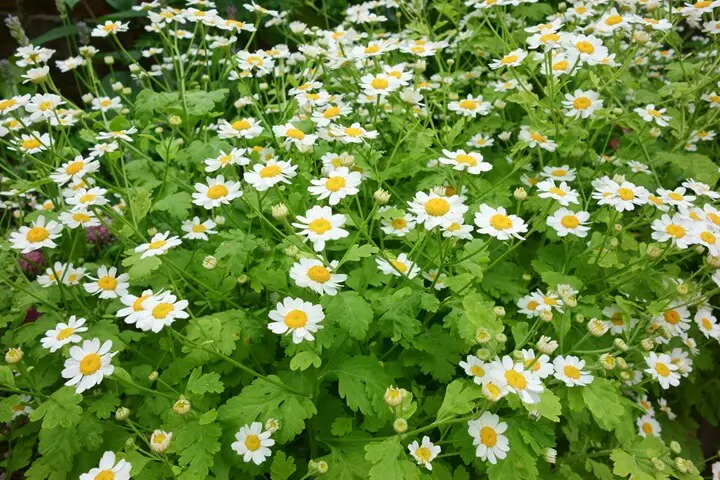
Typically consumed as a tea or eaten fresh, feverfew leaves are good for more than just lowering fevers. In recent studies, daily consumption of feverfew has been shown to be very beneficial for migraine sufferers. Its vasodilator and anti-inflammatory properties also show a lot of potential for treating other ailments.
- Lowers fevers
- Decreases severity and frequency of migraines
- May help treat arthritis
7. Ginseng
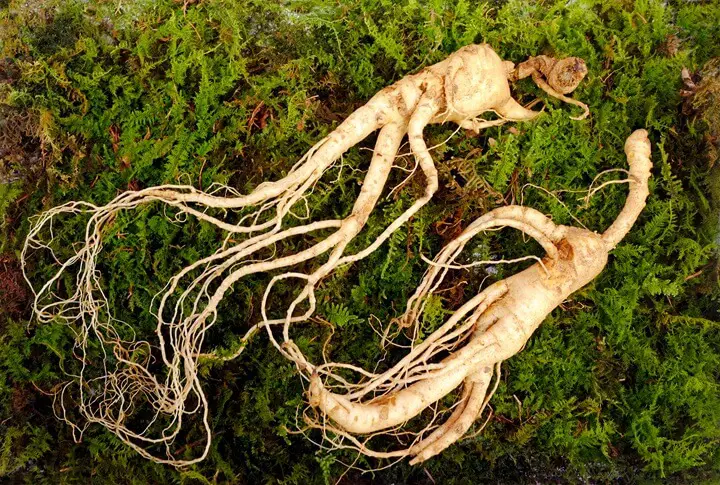
Another woodland species, ginseng is a bit of an investment for your garden because it needs to grow for 4-7 years before you can begin harvesting the roots for teas and tinctures. It’s well worth the wait.
Ginseng is very expensive and is often seen as a cure-all. While its benefits aren’t fully understood, it is believed to help the body in several ways. Like goldenseal, wild ginseng is endangered and frequently over-harvested, so it should be treated with care.
- Helps the body adapt to stress
- Improves moods
- Increases energy levels
8. Goldenseal
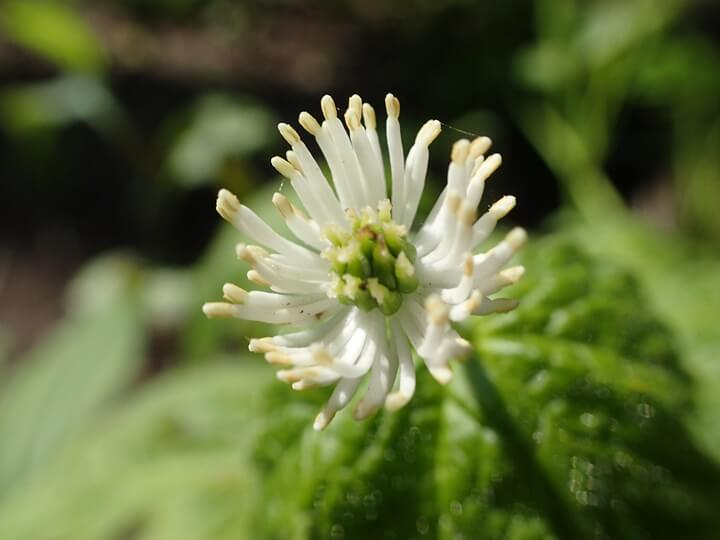
While not typically considered a garden herb, goldenseal can be cultivated and is an important herbal remedy. In studies, it has been shown to have impressive antibacterial properties. Goldenseal roots are usually used as a tea or tincture.
It’s also a great option for those with limited garden space but some forest area as it is a woodland species. It does grow wild but has been severely over-harvested and is endangered, so wild patches should be treated with extreme care.
- Treats a variety of stomach ailments
9. Holy Basil
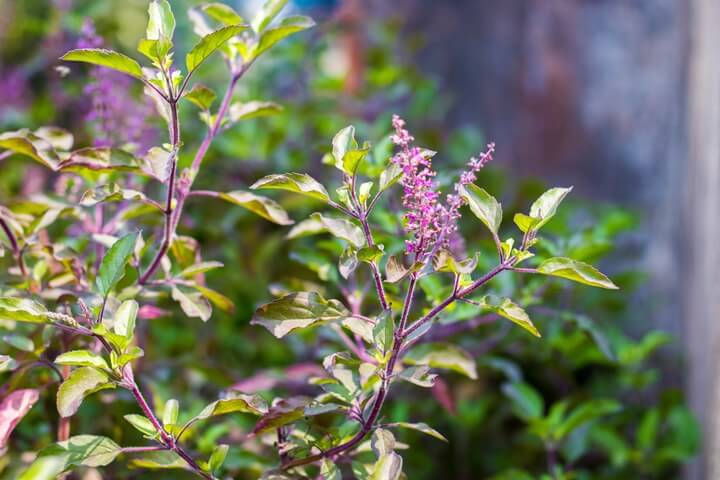
Holy basil tea has many medicinal benefits but holy basil is also frequently sprinkled in food for flavoring. As a medicinal, holy basil is a powerful antioxidant with antibacterial, antifungal, and anti-inflammatory properties. Although not a perennial, holy basil self-sows readily and is very easy to grow.
- Treats ulcers
- Lowers fevers
- Helps treat bronchitis
- Reduces digestive complaints
10. Lavender
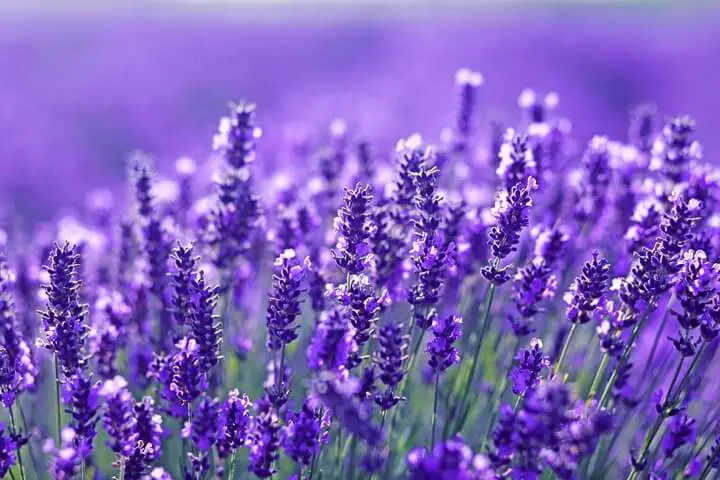
A well-known fragrance, lavender is also a potent herbal remedy. It’s difficult to start from seed so it’s easiest to get cuttings or a plant from a local grower or friend. It’s used in so many ways including teas, salves, tinctures, essential oil, in food, and sewn into little sachets because its smell is believed to be relaxing.
- Helps with depression
- Treats insomnia
- Relieves stress related headaches
- Helps people relax
11. Lemon Balm
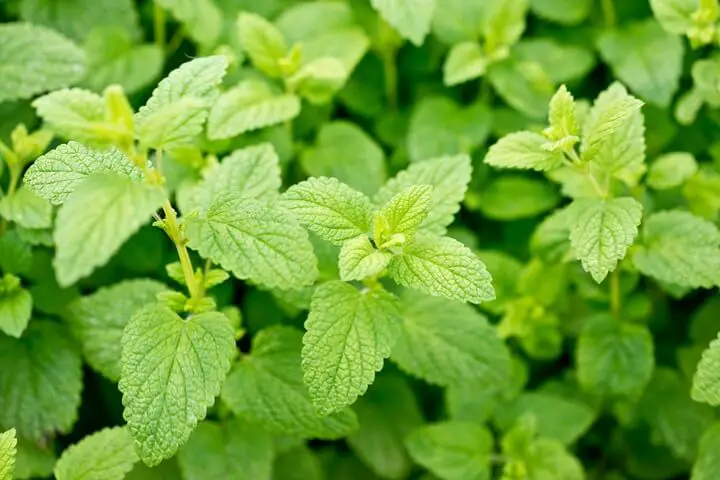
Lemon balm, with its delightful citrus aroma, is as beneficial as it is easy to grow. This perennial herb is a member of the mint family and shares its invasive growth habit, so it’s best kept in containers unless you desire its widespread presence.
Lemon balm is cherished for its soothing properties, particularly in relieving nervous tension and enhancing mood. The leaves can be used fresh or dried in teas, tinctures, and even culinary dishes for a hint of lemon flavor.
- Alleviates insomnia and improves sleep quality
- Reduces anxiety and stress
- Eases digestive discomfort
- Helps heal cold sores
12. Mint
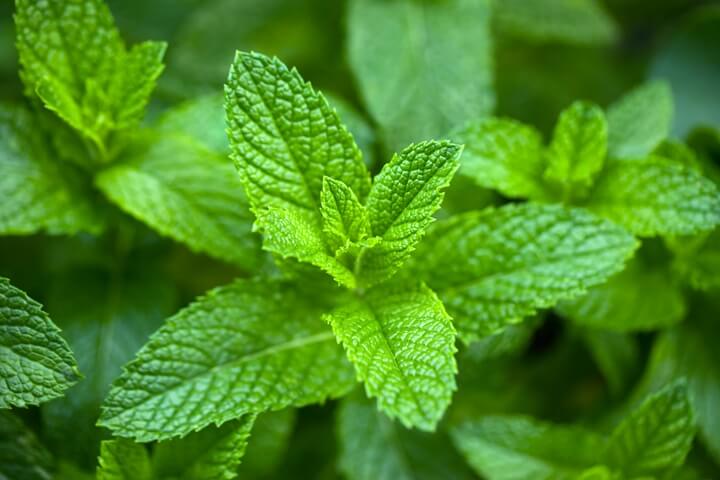
Mint is one of those herbs you don’t really have to “grow.” Once you plant a bit, mint will take care of itself. It spreads quickly and blocks out weeds. In fact, you may want to keep it contained in a pot or raised bed if you don’t want a yard full of it.
While mint is mostly known as a flavoring, it’s also a potent medicinal that has long been used in the form of tea to treat a number of ailments. Externally, it has been used in salves and lip balms for its cooling effect.
- Calms upset stomachs
- Reduces internal inflammation
- Lessens anxiety
- Soothes dry, irritated skin
13. Rosemary
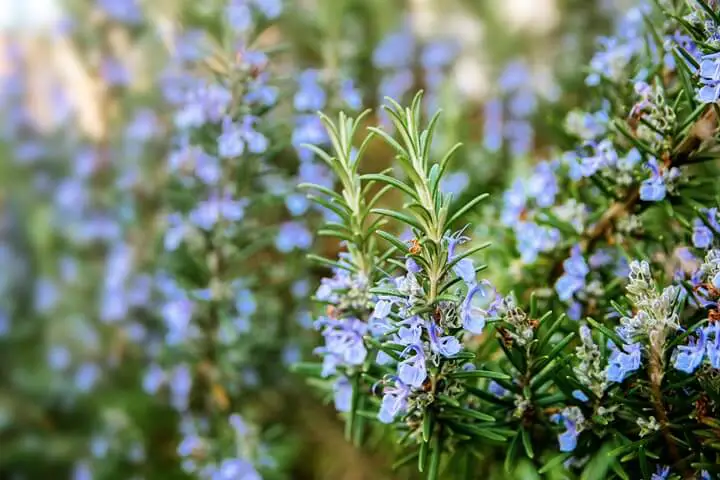
Rosemary is not only a culinary delight but also a medicinal herb with a plethora of health benefits. This hardy perennial shrub is easy to grow and thrives in well-drained soil with plenty of sunlight. Its needle-like leaves are rich in essential oils and antioxidants, making rosemary a great herb for boosting brain function and memory.
Additionally, rosemary has been used externally in hair rinses to stimulate hair growth and improve scalp health.
- Enhances memory and concentration
- Supports digestive health
- Promotes hair growth and scalp health
- Acts as an anti-inflammatory agent
14. Thyme
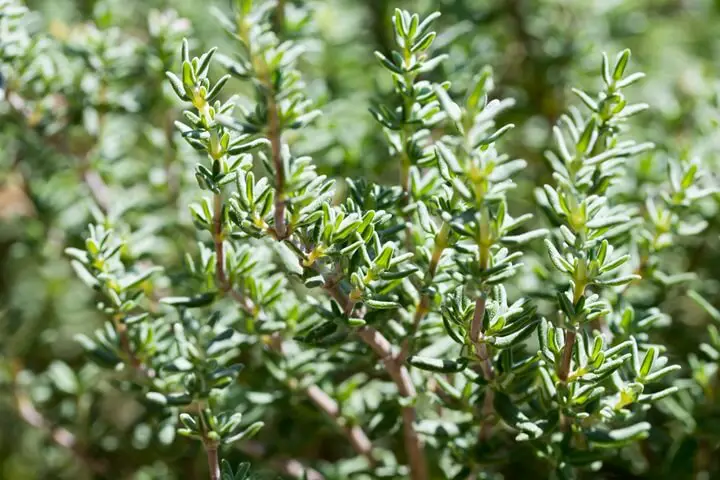
Thyme is a versatile herb that serves multiple purposes in both the kitchen and the medicine cabinet. This small, perennial shrub is particularly easy to grow and requires minimal maintenance once established.
Thyme is highly valued for its antiseptic and antibacterial properties, making it an excellent choice for treating respiratory infections, coughs, and sore throats. Thyme can be used fresh or dried in teas, tinctures, and as a culinary herb.
- Fights respiratory infections
- Relieves cough and sore throat
- Boosts immunity
- Acts as an antimicrobial and antifungal agent
15. Yarrow
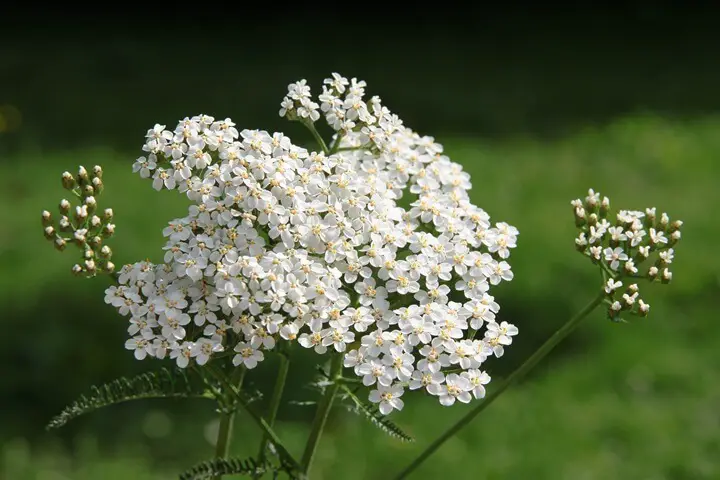
Also known as achillea millefolium, yarrow may be one of the most important herbs for a true survival situation. It’s lovely, easy to grow, and most notably, it can be used to staunch bleeding. In fact, it earned the achillea part of its name from the legend that Achilles himself used this plant on the battlefield to save his wounded soldiers from bleeding to death.
Yarrow leaves work best for stopping bleeding when they’ve been dried and powdered and can be packed into a wound. However, in a true emergency, fresh yarrow will help. The leaves and flowers are also dried for use in tea believed to help with several ailments.
- Staunches bleeding
- Relieves anxiety
- Helps treat colds and flus
- Eases menstrual pain
- Helps reduce fevers
A medicinal herb garden is a great addition to any homestead or farm. It can help keep you and your animals healthy. It’s also an excellent way to prepare for disasters and increase your self-reliance. Plus it truly isn’t that hard!
There are so many powerful herbs that can easily be grown and used right at home. You don’t need to be an expert gardener, herbalist, or healer to plant a few of these and start making your own salves, tinctures, or teas. All you have to do is get started.
Like this post? Don't Forget to Pin It On Pinterest!
You May Also Like:

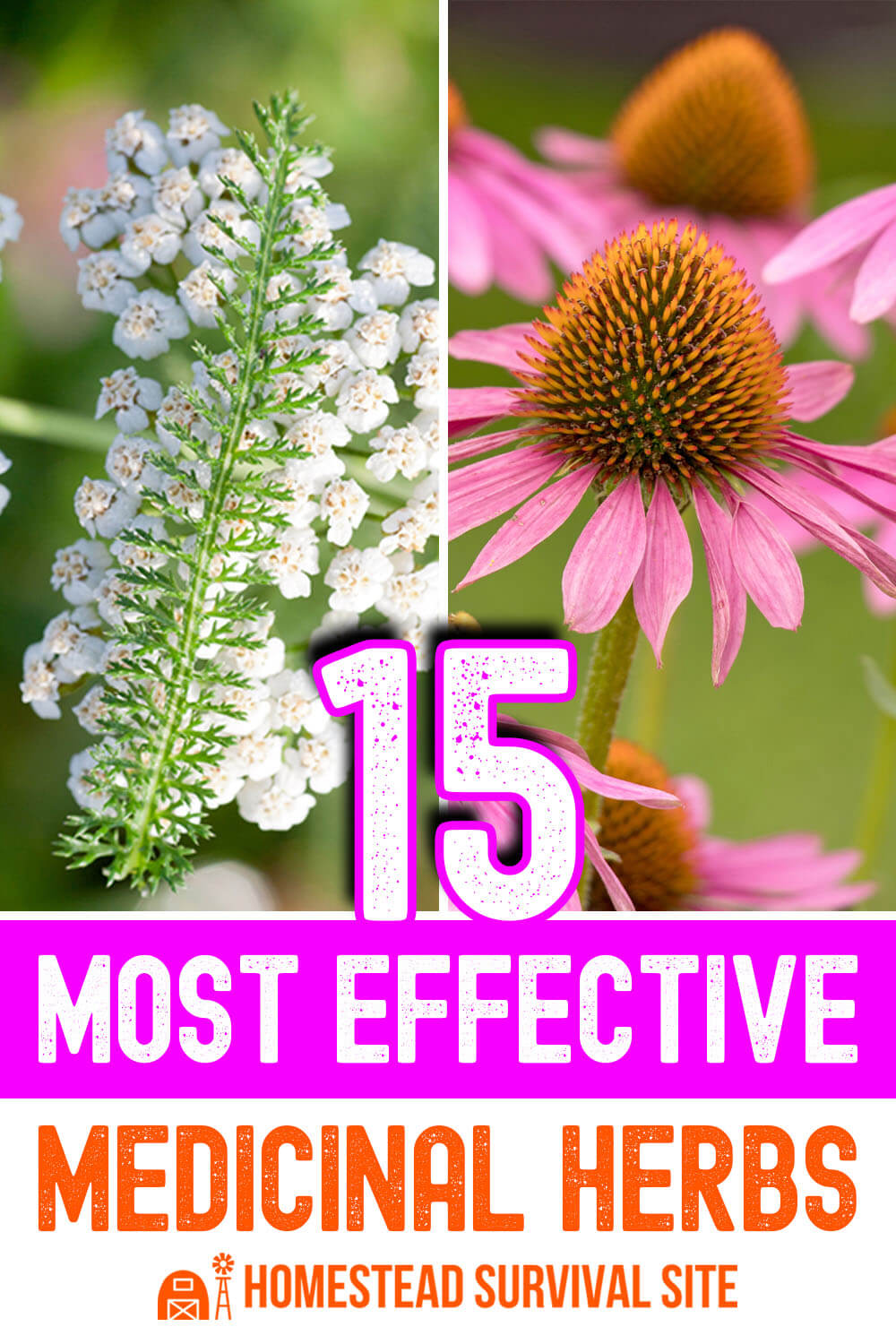


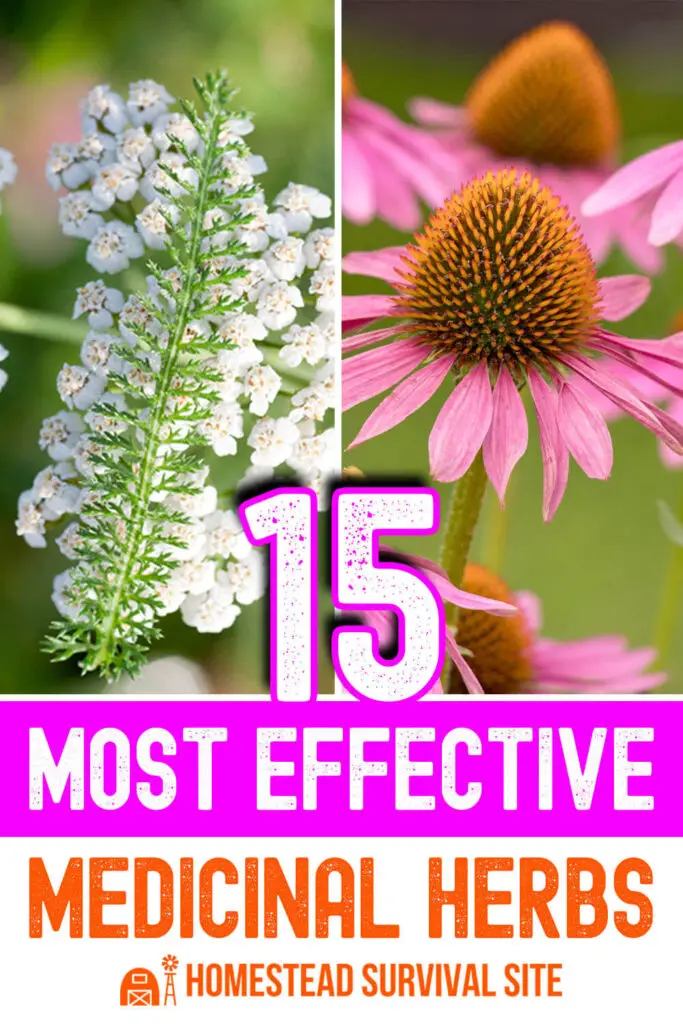

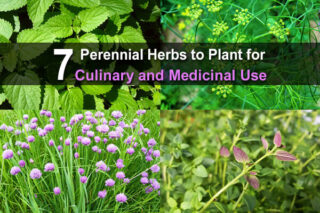
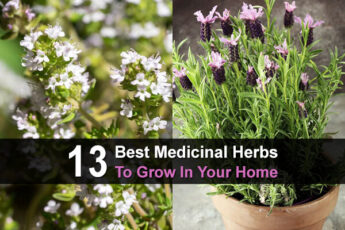
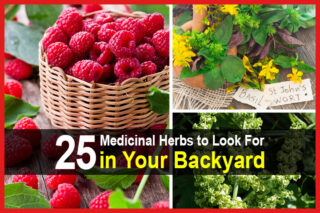
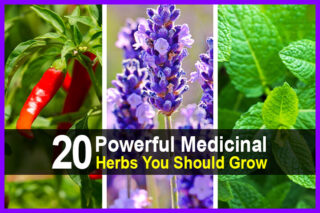

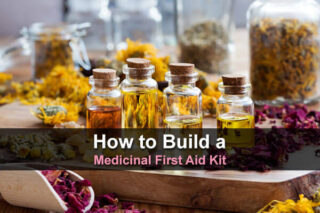


I loved learning about some planets I did not know could help my anxiety or that the 2 are becoming extinct. Thanks. Quick question. I started taking a red root ginsing pill….have u heard of this because I feel I can smell it coming from my pores. I stopped taking it a couple a days ago and now im asking questions. Lol
I’ve never heard of that side effect. Probably not worth taking it then since there are many other helpful herbs out there.